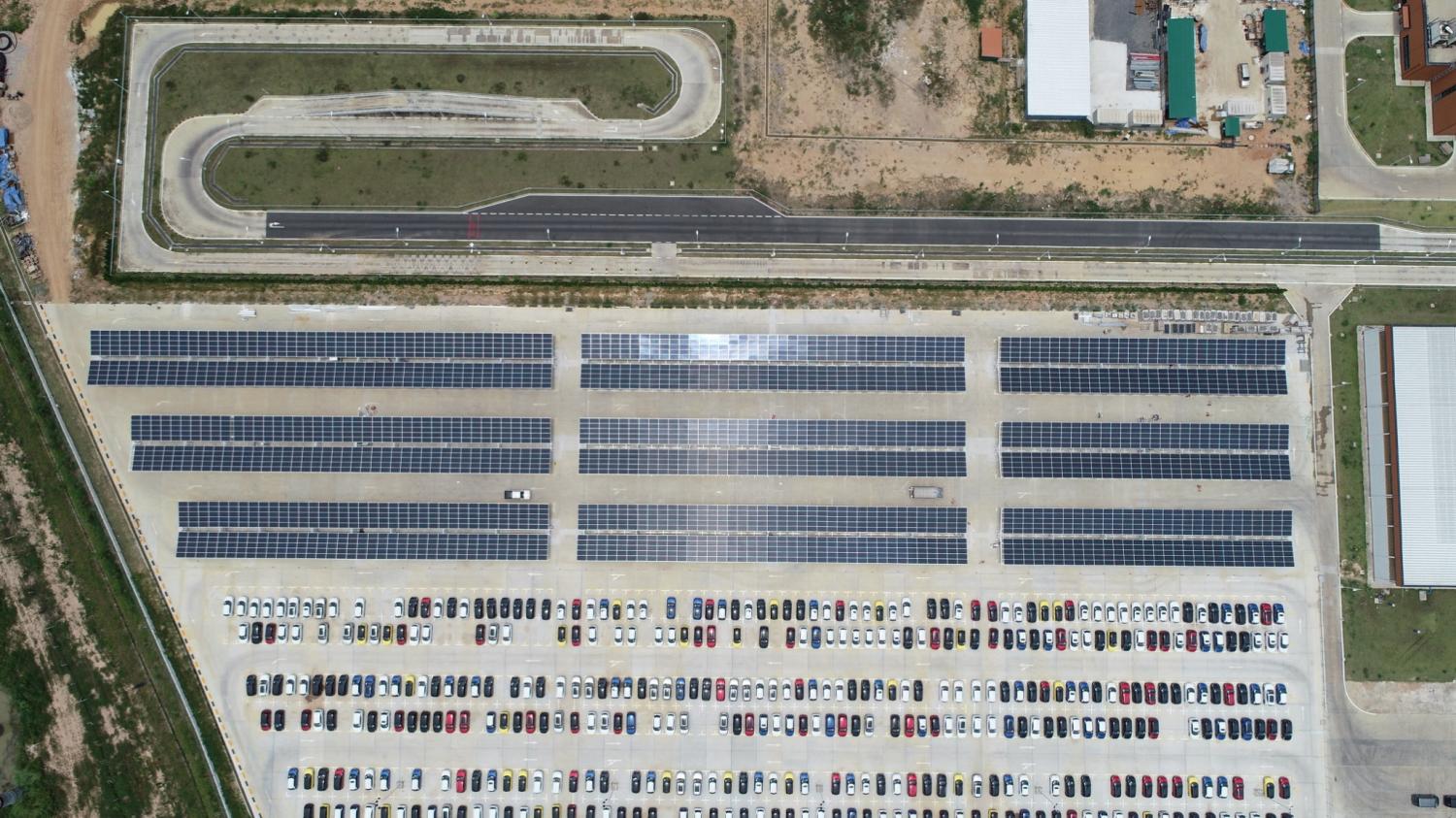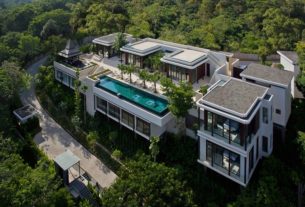
Thailand’s solar self-generating firms find a place in the sun
Companies that want to produce their own electricity are driving sales for solar panel providers
16 October 2019
Competition is getting fierce in solar panel installation, with many companies investing heavily in their own power generation via solar rooftops on office buildings.
A key indicator is that independent power supply in Thailand increased from less than 2,000 megawatts in 2014-15 to 8,000MW as of June.
There are three renewable resources — solar, biomass and biogas — available for independent power supply.
Sopacha Dhumrongpiyawut, chief executive of Gunkul Engineering Plc, said solar panel providers and distributors have enticed corporate clients to invest in self-generated power with competitive prices and after-sale services.
Both installation costs and service fees are declining, shortening the break-even period to 6-8 years, Ms Sopacha said.
New players in the solar panel market provide fully integrated services for corporate clients, including requests for power generation permits, design, engineering, construction, installation, operation and maintenance through the contract period.
“Concerns about clean energy consumption are another key factor for the solar rooftop market,” Ms Sopacha said. “Gunkul has been in the market for two years ago and has secured installation and service contracts of more than 100MW.”
Littee Kitpipit, executive director of Scan Inter Plc, said his company introduced solar installation services this month with an ambitious target to secure purchase orders of 110MW within four years.
The company is a natural gas trader and distributor through service stations. Solar power is part of a business diversification strategy as the government moves to support solar panel operators.
“Thailand has plenty of room for the solar market in the next five years, although the government is planning to collect tax from property owners who have self-generated power because the new capacity from each property will make an operational burden for the state grid,” Mr Littee said. “But the power market cannot avoid the fast growth of renewable energy in the near future.”
Wisate Chungwatana, chief executive of WHA Utilities and Power Plc, said WHAUP is providing services for solar panel installation to clients of WHA Corporation.
Earlier this month, WHAUP installed 4.88MW of solar rooftops at the parking lot of a car factory operated by SAIC Motor-CP.
The project occupies 31,000 square metres at an investment of 175 million baht by the client.
“It is the largest solar car park in Thailand and will generate annual revenue of 20 million baht throughout the 20-year contract, and WHAUP expects to complete the installation by next March,” Mr Wisate said.
WHAUP has increased its power generation from solar to 25MW in 2019, up from 15MW in its previous estimation. The company has a solar rooftop portfolio of 35MW.
“Many industrial clients are interested in green energy, which helps reduce costs, save energy and protect the environment,” Mr Wisate said. “WHAUP is maintaining its five-year target to provide solar installation of 100MW by 2022.”
In related news, Tetra Pak Thailand has completed installation of 3,076 solar panels at its factory in Rayong.
The panels will provide 1,350MW of renewable electricity each year.
Managing director Bert Jan Post said Tetra Pak has engaged in various initiatives that increase the use of renewable electricity, including the purchase of international renewable energy certificates.
“The Rayong factory is generating an additional 1MW of renewable electricity from solar panels,” Mr Post said. “The solar panels will save over 850 tonnes of carbon dioxide per year.”
He said these projects will contribute to achieving Tetra Pak’s goal of reducing emissions and carbon footprint.
According to Tetra Pak, Thailand imports 70% of its energy at present but aims to increase the proportion of renewable power from 14% to 30% by 2036 as part of the country’s sustainability plans.
Source: https://www.bangkokpost.com/business/1773109/self-generating-firms-find-a-place-in-the-sun


